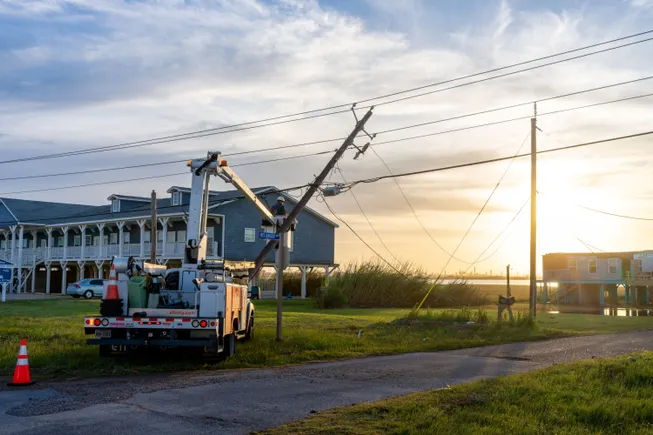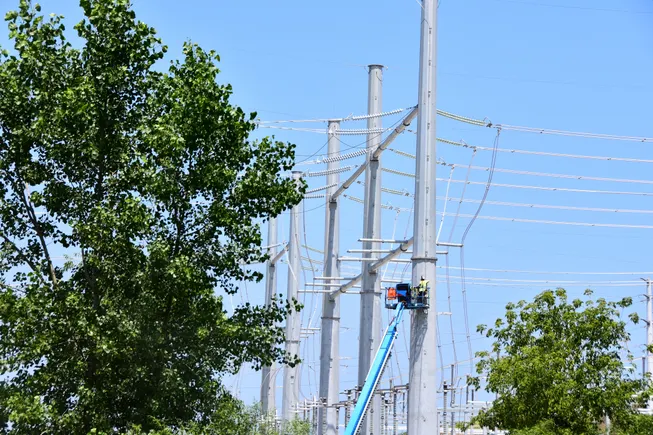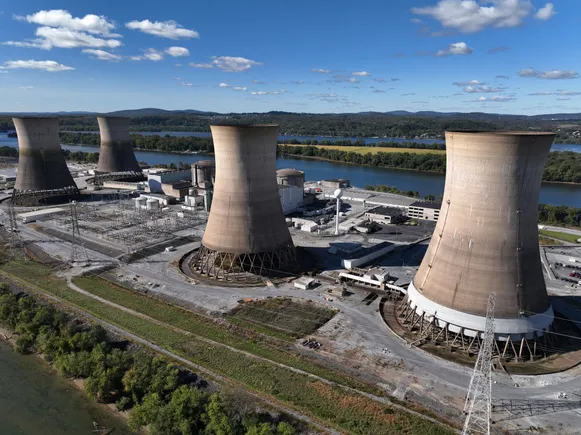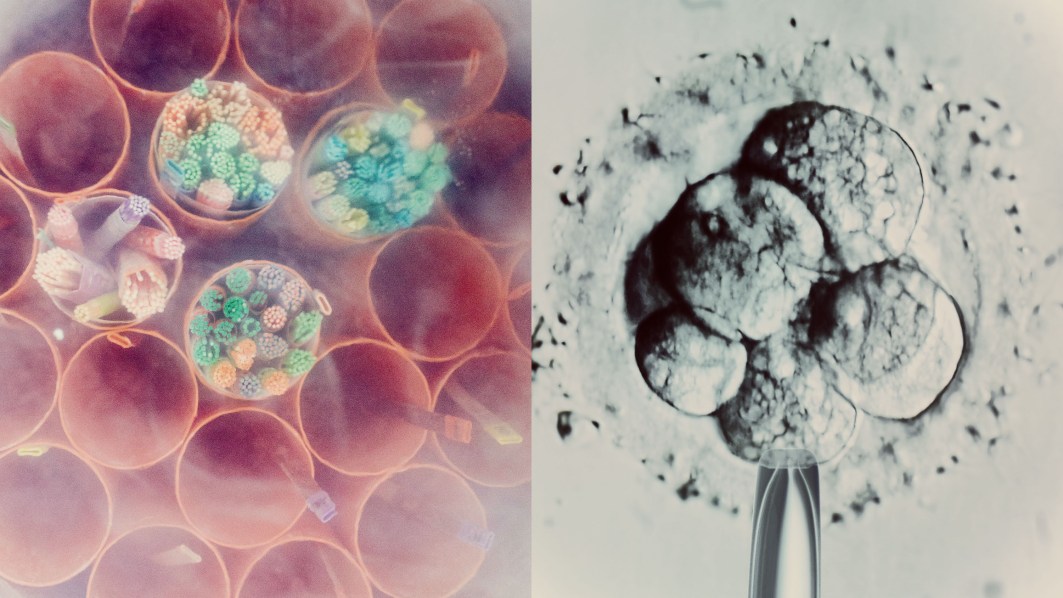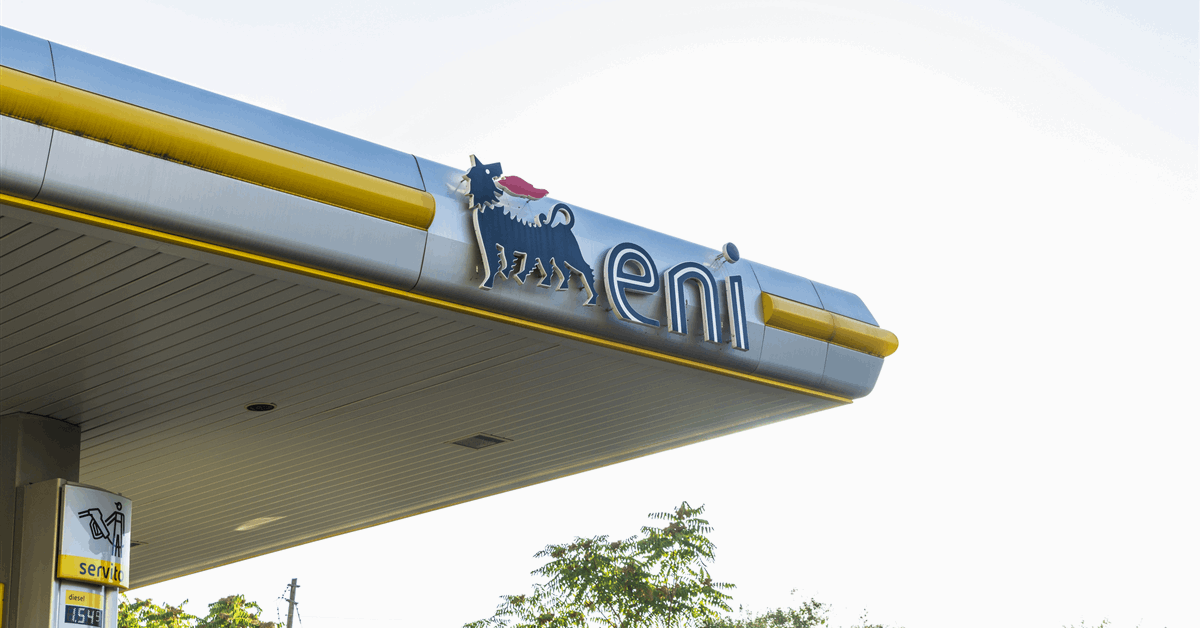
Eni SpA has inaugurated its first vegetable oil extraction plant in the Republic of the Congo, unlocking new feedstock capacity for its biorefineries.
The facility in Loudima, in the southern part of the Central African country, can produce up to 30,000 metric tons a year of vegetable oil. The plant will use crops grown on “degraded and underutilized land or through intercropping systems, as part of an innovative regenerative agriculture project developed in collaboration with local stakeholders”, the Italian state-controlled energy major said in a press release.
“With the launch of the Loudima agri-hub, the country takes on an active role in the biofuel production chain, in line with Eni’s strategic path to achieve net zero emissions from its products and processes by 2050”, the company said.
Eni added, “The vegetable oils produced in Congo are certified according to the strictest criteria established by the European Directive on biofuels (Renewable Energy Directive), ensuring traceability, sustainability of the production process, and respect for biodiversity, human rights, and labor conditions”.
“The project represents a significant development opportunity for Congo’s agro-industrial sector”, it said. “Eni supports the local agribusiness value chain through the provision of advanced mechanization services and improved seeds”.
The facility will use around 200 new machines, half of which have already been imported. “In addition to farmer training programs, the initiative will foster the creation of new specialized skills in mechanization, logistics, and industrial processes, involving around 400 tractor operators”, Eni said.
“The Loudima agri-hub will also produce vegetable proteins for livestock feed, creating further development opportunities for the agri-food sector and contributing to food security”, it added.
“The initiative complements other Eni activities aimed at promoting the energy transition in the Republic of the Congo, including the improved cookstove program, which helps reduce indoor pollution and the unsustainable consumption of biomass, while improving the quality of life for the communities involved. The program has already reached more than 300,000 people”.
In May Eni said it had signed an agreement with Cote d’Ivoire’s Agriculture Ministry to explore the potential of cultivating biofuel crops in the West African country.
The memorandum of understanding “aims to enhance the rubber (hevea) supply chain and to assess the introduction of oilseed crops on marginal and degraded lands, thereby contributing to the country’s sustainable agricultural development without competing with food production and forest ecosystem”, Eni said May 28.
Eni said an existing project in collaboration with the Ivorian Federation of Rubber Producers is already “enabling the valorization of rubber residues – a crop widely cultivated in the country – by transforming them into raw materials for biofuel production, generating economic and social benefits for thousands of farmers”.
Last year Eni launched Eni Natural Energies Cote d’Ivoire, which it said is “dedicated to developing sustainable supply chains of agricultural raw materials for the company’s biorefineries”.
To contact the author, email [email protected]
What do you think? We’d love to hear from you, join the conversation on the
Rigzone Energy Network.
The Rigzone Energy Network is a new social experience created for you and all energy professionals to Speak Up about our industry, share knowledge, connect with peers and industry insiders and engage in a professional community that will empower your career in energy.
MORE FROM THIS AUTHOR

